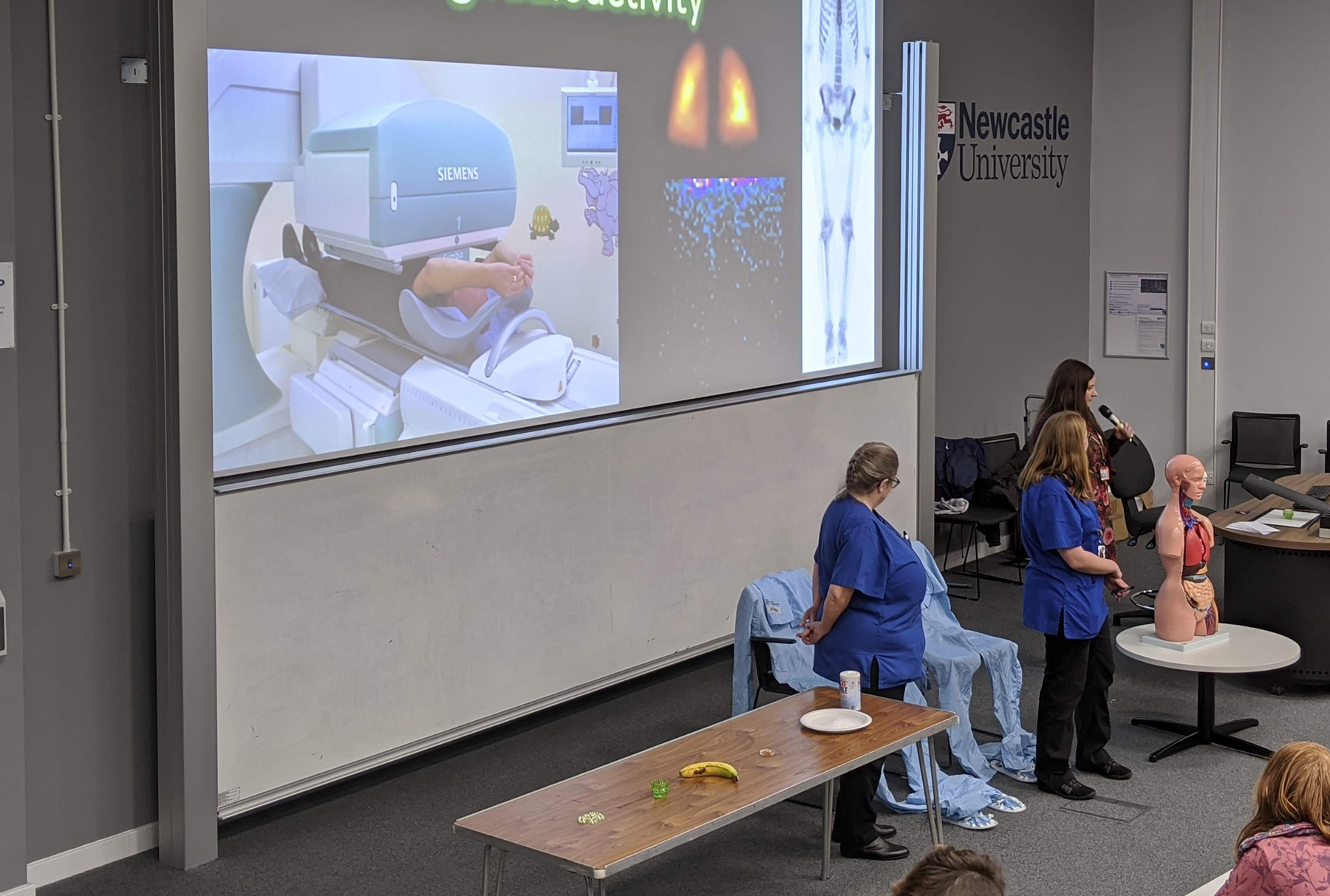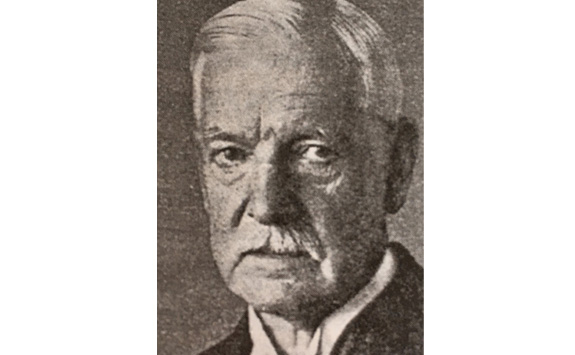Who was John H Holmes?
John Henry Holmes (1857-1935) was an English electrical engineer, inventor and pioneer of electric lighting. He invented the quick break light switch, the technology behind which remains the basis for modern wall mounted light switches. His first experimental model is preserved at the Discovery Museum in Newcastle.
Holmes was born in Newcastle on 6 June 1857 and grew up in Gateshead and then Jesmond. He attended the Friends School in Bootham, York, where he was taught the rudiments of science. At the age of 16, he won a place at the Durham College of Physical Science, later Armstrong College, now Newcastle University.
In 1880, Holmes attended a public demonstration of Joseph Swan's incandescent light bulb. This seemed to spark his interest in electric lighting, and he approached Swan on multiple occasions in hopes of becoming his apprentice.
John Henry Holmes and his brother, Theodore, founded J. H. Holmes & Co. in Shieldfield, Newcastle, in 1883. Their manufacturing company specialised in early motors, dynamos, switches, and lighting. The company was very active in the early proliferation of electric lighting, having installed Newcastle's first domestic electrical lighting into their father's house in Jesmond. They also supplied installations throughout Europe, the British colonies and the United States.
Holmes went on to become a prolific inventor, drives for printing presses, train lighting sets, and portable ships’ searchlights which enabled the Suez Canal to be traversed by night for the first time. John Henry Holmes died in April 1935 at the age of 78 and is buried at Jesmond Old Cemetery.

